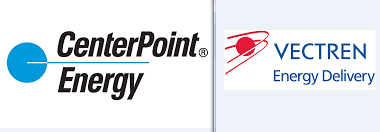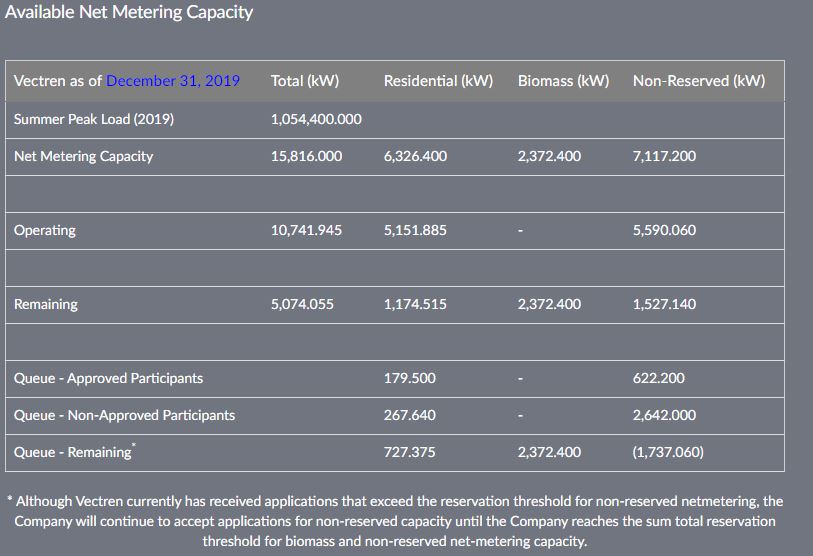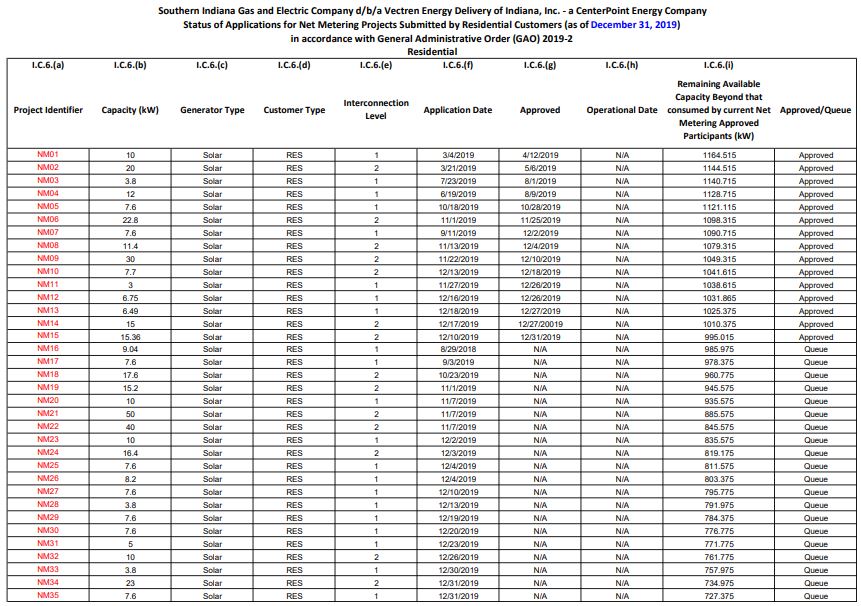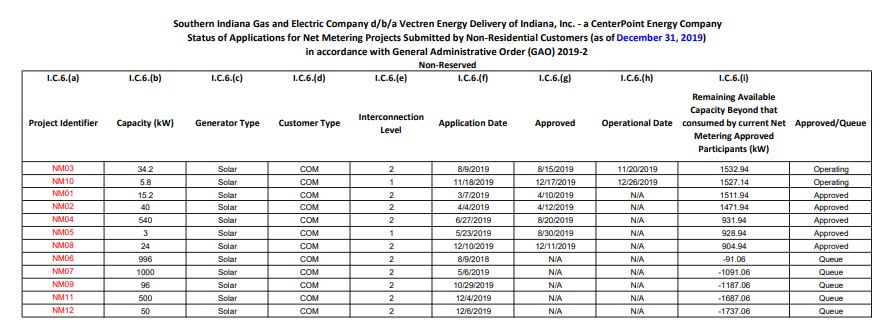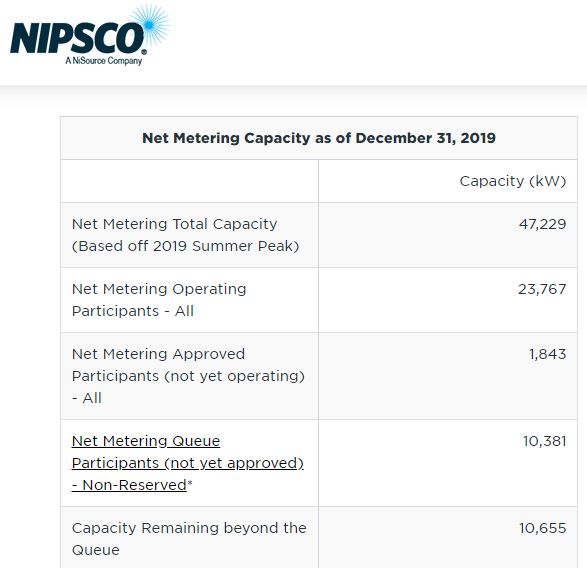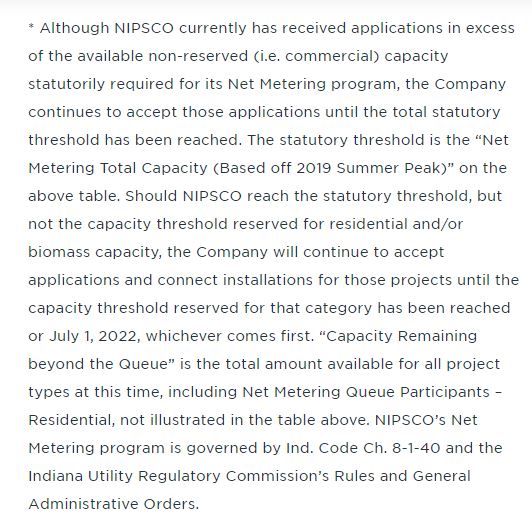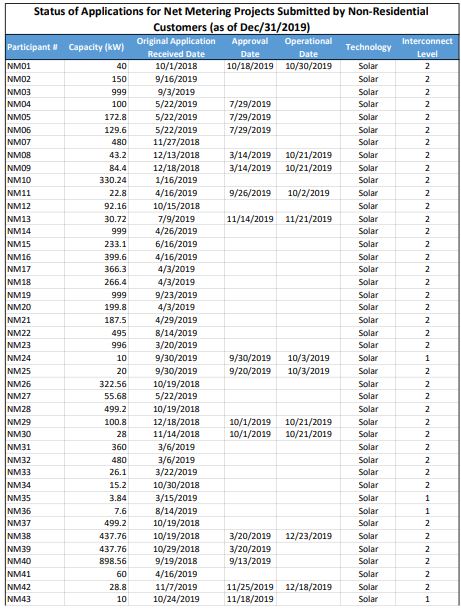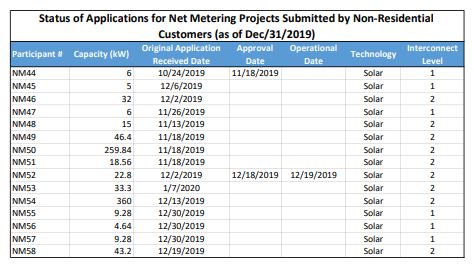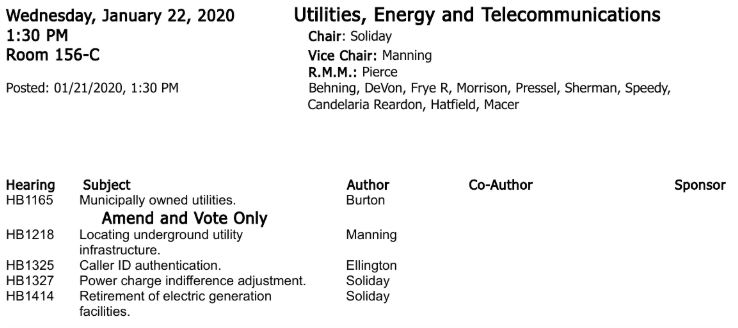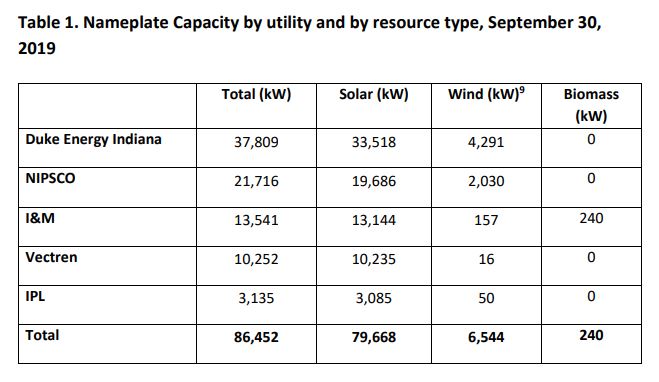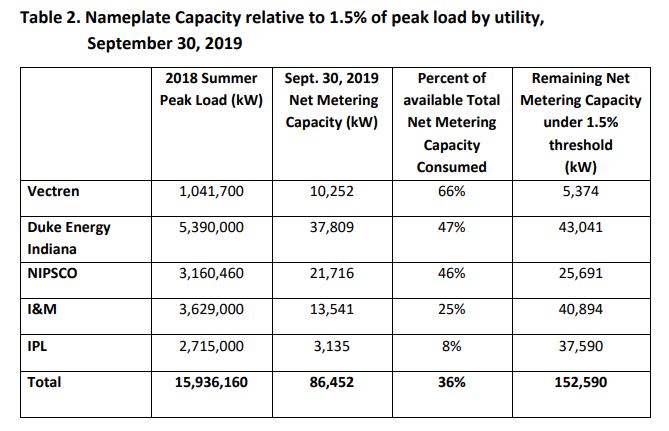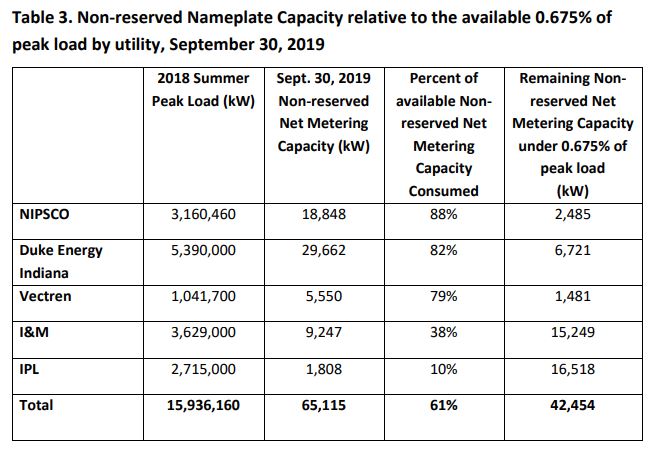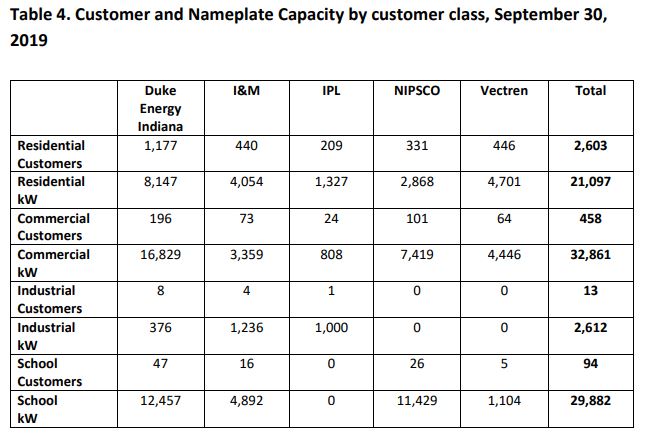Both IndianaDG and Indiana Chamber of Commerce Oppose Amended HB 1414
IndianaDG Note: Watch soon for a comprehensive list of groups opposing HB 1414 as amended. HB 1414 is on the House third reading calendar on Monday, February 3rd which is the deadline for final passage of House Bills in the House.
Bill Dealing With Shutdown of Electric Generation Significantly Amended
HB 1414 – Retirement of Electric Generation Facilities
Authored by Rep. Ed Soliday (R-Valparaiso)
This amended bill that passed out of committee on January 22 provided that a public utility may not retire, sell, transfer or terminate a lease with respect to an electric generation facility unless the public utility first obtains from the Indiana Utility Regulatory Commission (IURC) a determination that the public convenience and necessity require the retirement, sale, transfer or lease termination. It also allowed a utility to earn an additional return on investment if it hit certain metrics.
Chamber position: Oppose
The latest: Four amendments to the bill were offered on the House floor on January 30. One of those was determined not to be eligible for a vote. One from Rep. Ryan Dvorak (D-South Bend), which offered to protect whale oil as a “legacy” source of lighting, failed. Meanwhile, Rep. Alan Morrison (R-Brazil) offered an amendment that would award high value workforce ready credit-bearing grants through the Indiana Commission for Higher Education, in conjunction with the Department of Workforce Development, to an applicant who is a dislocated coal mine employee if the applicant is otherwise eligible for a grant. This amendment passed by a vote of 94-0.
Lastly, Rep. Soliday offered an amendment to his bill which removed the additional return on investment language. It also requires a public utility to notify the IURC of its intent to retire, sell or transfer a reliable capacity resource with a capacity exceeding eighty (80) megawatts. It would require the IURC to conduct a public hearing and receive information concerning the reasonableness of the planned retirement, sale or transfer. Moreover, the IURC shall issue findings and conclusions concerning the reasonableness of the planned retirement, sale or transfer based on the information received. This amendment passed by a voice vote. The bill is now eligible for further action – a final third reading floor vote – next week in the House.
Indiana Chamber action/commentary: Make no mistake, the amended bill is much better than the bill that passed out of committee. However, the bill still has the potential to interfere with the utilities’ ability to make business decisions and result in increased legal fees for the utility, the IURC and the Office of Utility Consumer Counselor –all ultimately paid for by customers. We still believe that the prudent action should be to wait until the results of the Chamber’s energy study and the recommendations of the 21st Century Energy Task Force come out.
Resource: Greg Ellis at (317) 264-6881 or email: gellis@indianachamber.com
To read the amended bill see: http://iga.in.gov/legislative/2020/bills/house/1414
IndianaDG is a member of the Indiana Chamber of Commerce.







